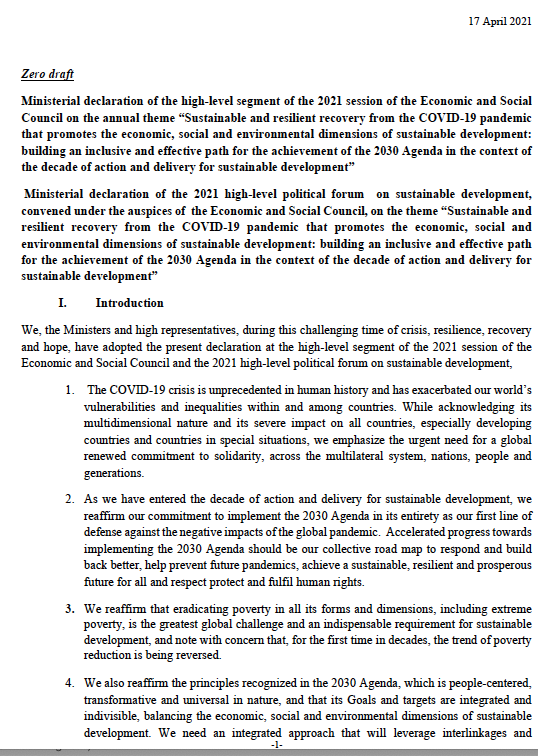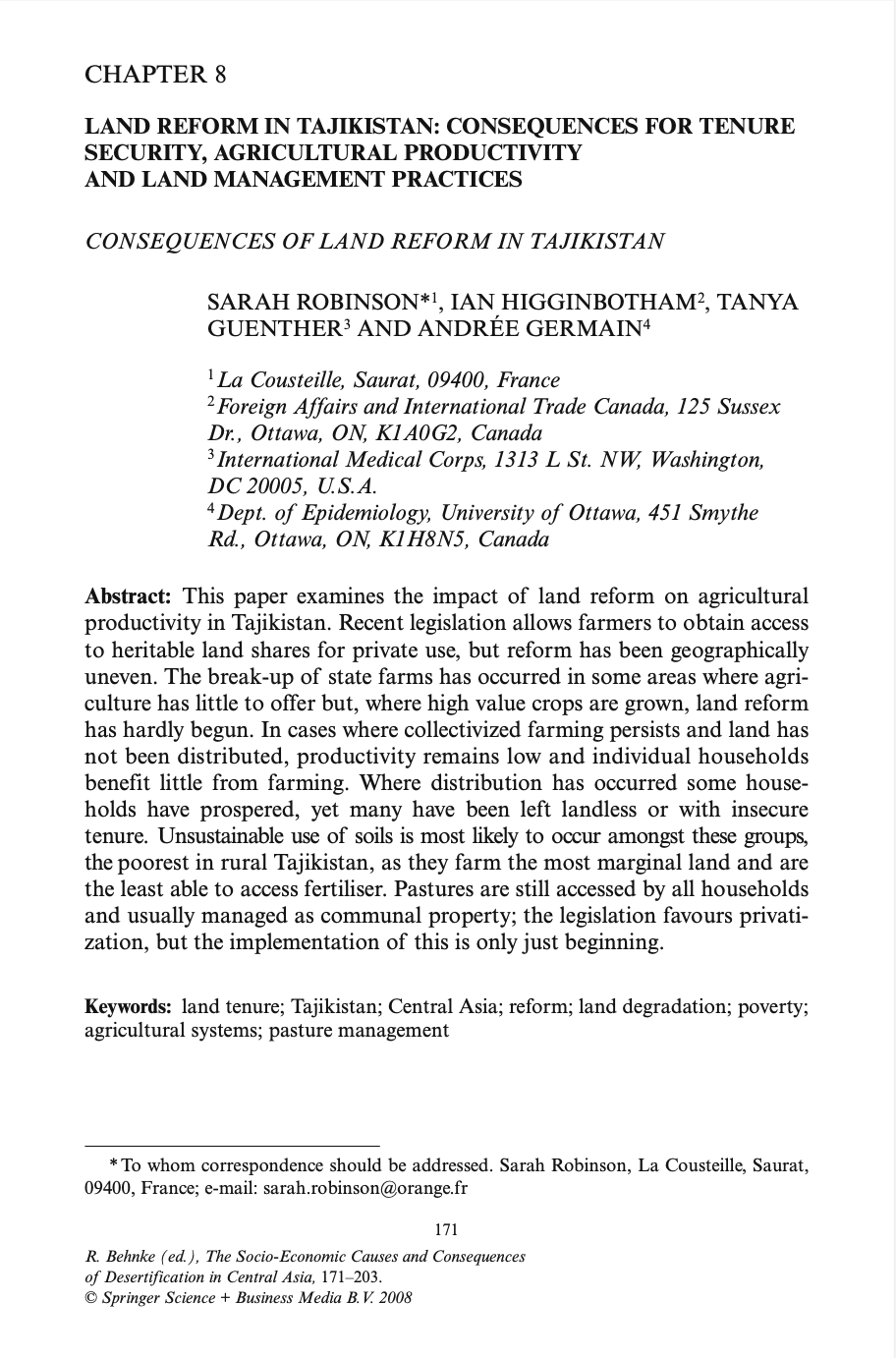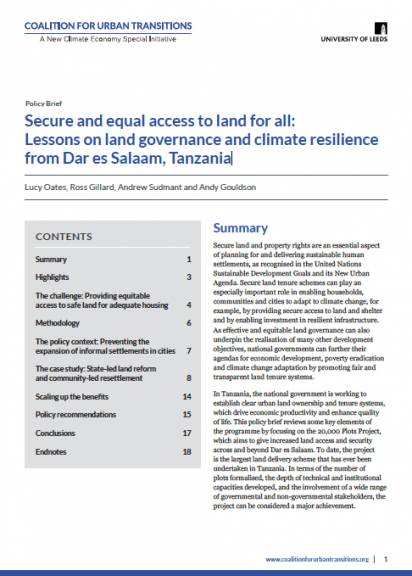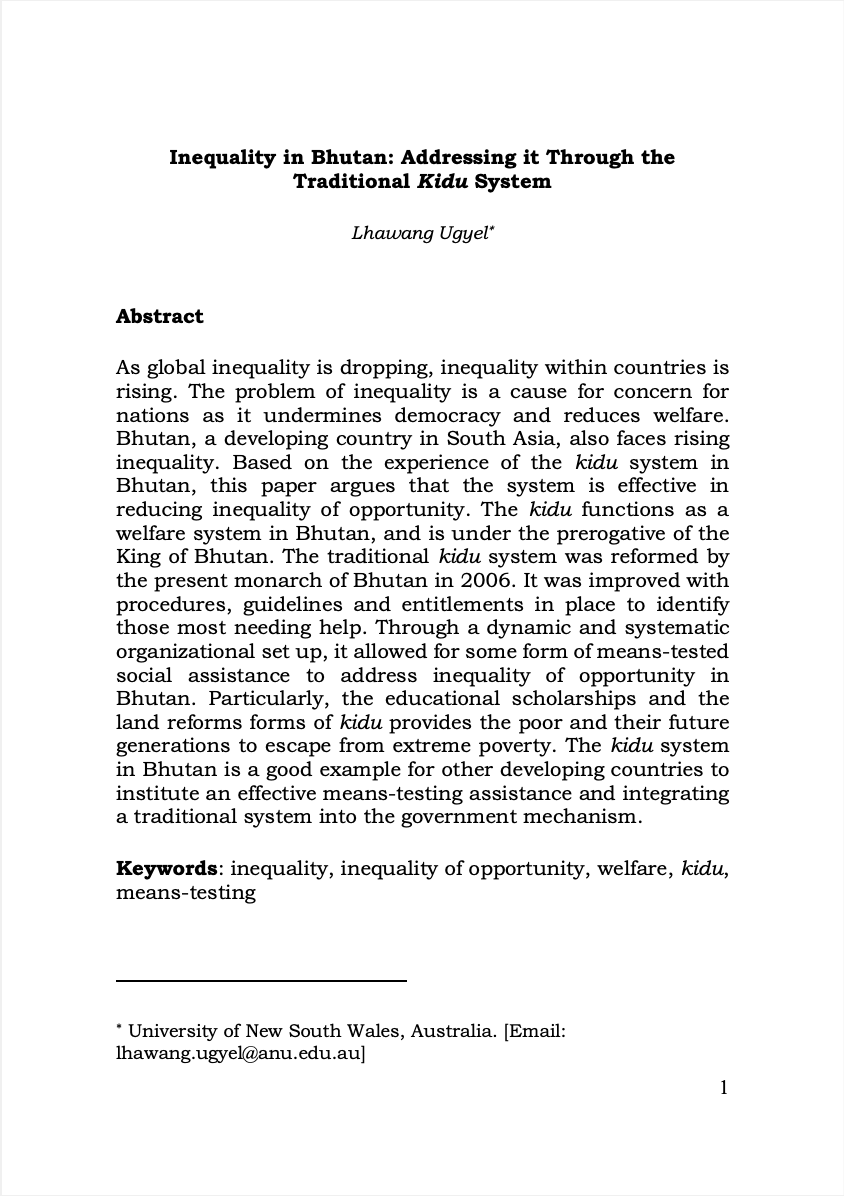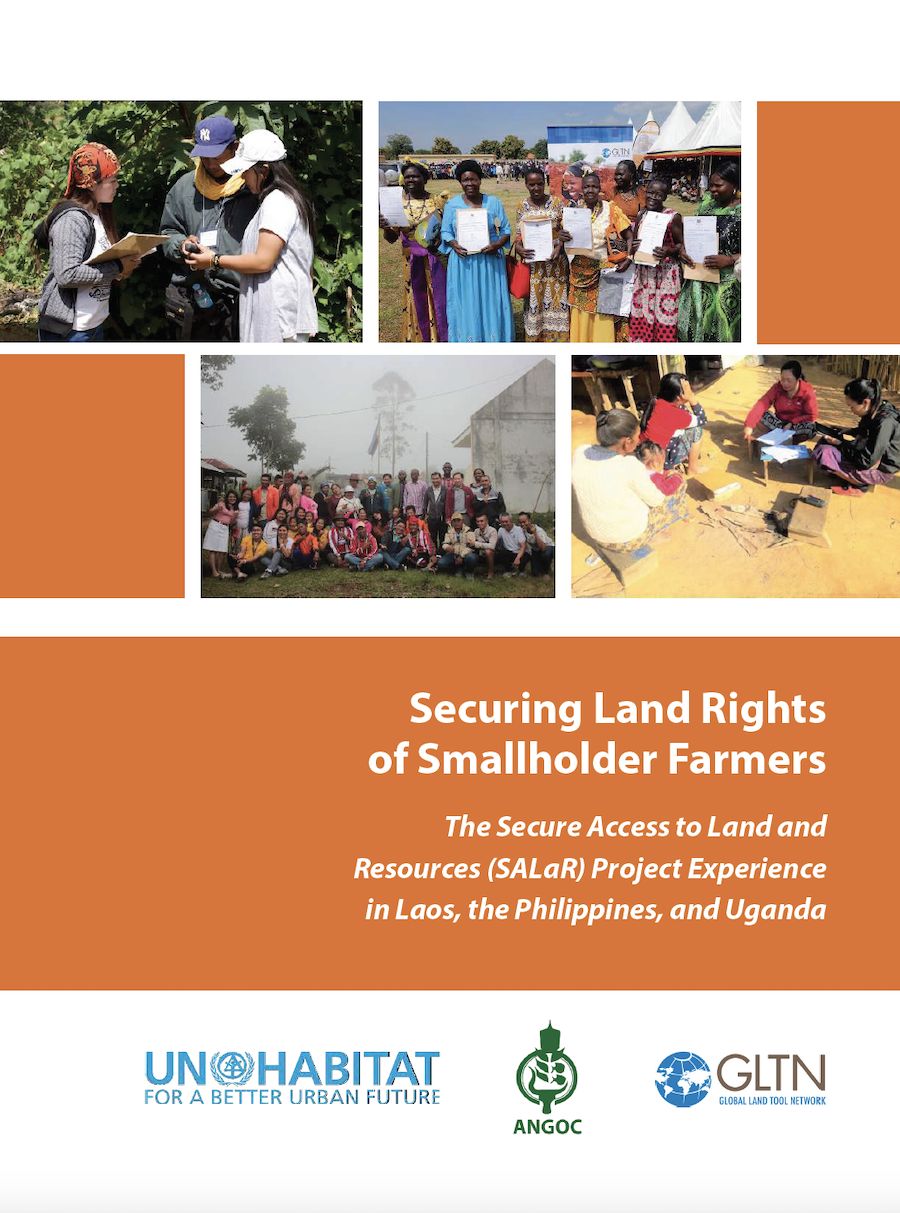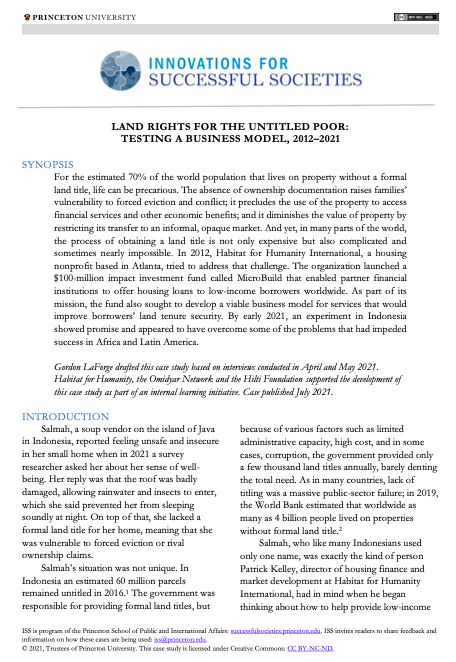In the Face of Threats and Invasions in the Forests, Communities Defend and Reclaim Their Life Spaces
The articles in this Bulletin are written by the following organizations and individuals: National Coordinator for the Defense of the Mangrove Ecosystem (C-CONDEM), Ecuador; Yayasan Pusaka Bentala Rakya (Bentala Raya Heritage Foundation), Indonesia; Venezuelan Observatory of Political Ecology and members of the WRM international secretariat in close collaboration with several allies who are part of grassroots groups in different countries.
Getting it right from planning to reporting: A guidance tool for women’s land rights data and statistics
To ensure a better and more sustainable future for all, the 2030 Agenda for Sustainable Development (“the 2030 Agenda”) has identified 17 Sustainable Development Goals (SDGs) to be achieved by 2030. SDGs range from poverty eradication, zero hunger, decent work and reduced inequalities to quality education, clean water and sanitation, and gender equality, only to name some of them.
LAND-at-scale Mozambique
This one-pager provides details on the LAND-at-scale project in Mozambique. This project is implemented by Centro Terra Viva and Terra Firma, and financed by the Ministry of Foreign Affairs via the Netherlands Enterprise & Development Agency.
Land Reform in Tajikistan: Consequences for Tenure Security, Agricultural Productivity and Land Management Practices
This paper examines the impact of land reform on agricultural productivity in Tajikistan. Recent legislation allows farmers to obtain access to heritable land shares for private use, but reform has been geographically uneven. The break-up of state farms has occurred in some areas where agriculture has little to offer but, where high value crops are grown, land reform has hardly begun. In cases where collectivized farming persists and land has not been distributed, productivity remains low and individual households benefit little from farming.
Secure and equal access to land for all: Lessons on land governance and climate resilience from Dar es Salaam, Tanzania
Secure land and property rights are essential for improving the livelihoods of the poor and ending poverty. Effective and equitable land governance can also contribute to economic development, domestic resource mobilisation and climate change resilience. Promoting fair and transparent land tenure systems should therefore be a priority for national governments.
Inequality in Bhutan: Addressing it Through the Traditional Kidu System
As global inequality is dropping, inequality within countries is rising. The problem of inequality is a cause for concern for nations as it undermines democracy and reduces welfare. Bhutan, a developing country in South Asia, also faces rising inequality. Based on the experience of the kidu system in Bhutan, this paper argues that the system is effective in reducing inequality of opportunity. The kidu functions as a welfare system in Bhutan, and is under the prerogative of the King of Bhutan. The traditional kidu system was reformed by the present monarch of Bhutan in 2006.
Securing Land Rights of Smallholder Farmers
This report summarizes the background, achievements and emerging outcomes of the Securing Access to Land and Resources (SALaR) project implemented towards improving land and natural resources tenure security for rural poor smallholder farmers, including women, men, youth and vulnerable groups in Uganda, Philippines and Laos.
New and emerging issues: land tenure
As per the provisions of rule 10 of the rules of procedures of the United Nations Convention to Combat Desertification (UNCCD) Conference of the Parties (COP), the second intersessional meeting of the Bureau of the thirteenth session of the COP (COP 13) held in Guiyang, China, on 26 February 2019, endorsed the inclusion of a new agenda item on land tenure, under new and emerging issues, for consideration at COP 14. The Bureau further requested the secretariat to submit a background document in that respect.
LAND RIGHTS FOR THE UNTITLED POOR: TESTING A BUSINESS MODEL, 2012–2021
For the estimated 70% of the world population that lives on property without a formal land title, life can be precarious. The absence of ownership documentation raises families’ vulnerability to forced eviction and conflict; it precludes the use of the property to access financial services and other economic benefits; and it diminishes the value of property by restricting its transfer to an informal, opaque market. And yet, in many parts of the world, the process of obtaining a land title is not only expensive but also complicated and sometimes nearly impossible.
All That Glitters is Not Gold: Turmoil in Zimbabwe’s Mining Sector
Executive Summary
Violence has spiked in Zimbabwe’s gold mining sector, costing hundreds of people their lives and triggering a police operation that led to the arrest of thousands. Media and government blame artisanal miners, who dig using little mechanisation and often without licences but are the country’s main gold producers. Yet the bloodshed is better seen as a symptom of Zimbabwe’s flawed centralised gold buying scheme, patronage-based economy and obsolete legal and regulatory system.
Uneven development, politics and governance in urban Africa
This paper considers the foundations of contemporary African urban economies and how these intersect with the evolution of urban politics, carving a route through a wide range of existing literatures relevant to the politics and political economy of African urban development. It considers the economic and demographic drivers of urbanisation in Africa and their consequences for urban restructuring and uneven development, before turning to the forms of urban politics that have emerged alongside, responded to and also helped shape these urban economic developments.

